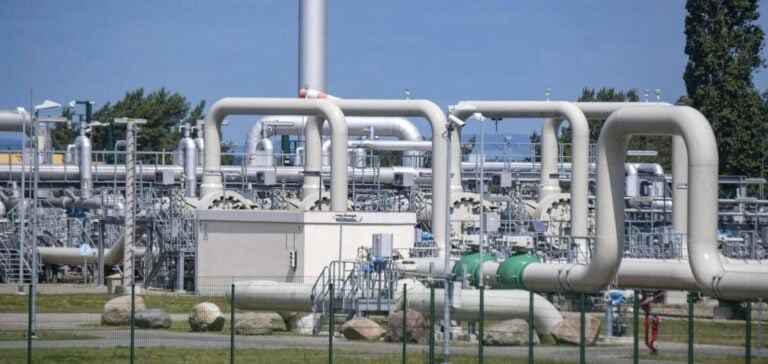The transport of Kazakh oil to Germany, accounting for about 20% of the Schwedt refinery’s supply, remains suspended following a disruption on December 19 affecting the northern branch of the Druzhba pipeline.
Technical Disruption and Expected Resumption
According to a spokesperson from PERN, the Polish operator of the infrastructure, deliveries initially scheduled at the Adamowo Zastawa pumping station have been delayed until December 26, with full resumption expected by the end of the year. The technical issue, located in pumps in Belarus, impacts the connection between Poland and Germany but does not affect the southern branch of the system.
Impact on Energy Policy
Although Poland officially ceased importing Russian oil in 2022, the Druzhba pipeline remains a strategic route for transporting Kazakhstan Export Blend Crude Oil (KEBCO) to Germany. This medium-sour crude is essential for the Schwedt refinery, which is majority-owned by the German state and serves a significant portion of the country’s supply.
A representative of Germany’s Ministry for Economic Affairs stated that existing stocks were sufficient to maintain supply without major impact on consumers. This statement aligns with ongoing efforts to reduce Germany’s reliance on Russian oil while diversifying sources.
Operations Restored in the South
Meanwhile, the southern branch of Druzhba is operating normally. Hungary and Slovakia, which depend on this segment, have confirmed a swift resumption of flows. Hungary’s foreign minister assured that local refineries continued to operate at full capacity despite temporary disruptions.
The Czech government, which plans to stop processing Russian crude by 2025 through the expansion of the TAL pipeline connecting Germany and Italy, also reported normal deliveries via Orlen.
Outlook and Challenges
The situation highlights the political and economic challenges linked to Europe’s energy transition. Germany, reliant on the Druzhba pipeline for part of its supply, is accelerating efforts to diversify sources and invest in alternative infrastructure.
KazTransOil, the Kazakh operator, expects to resume deliveries before the end of the year, ensuring short-term supply stability.






















